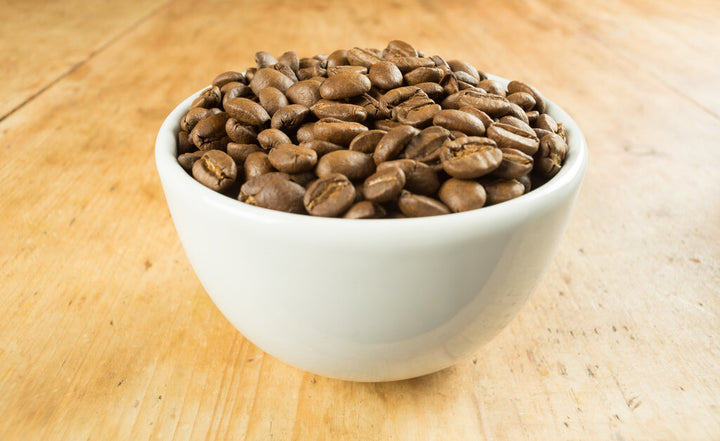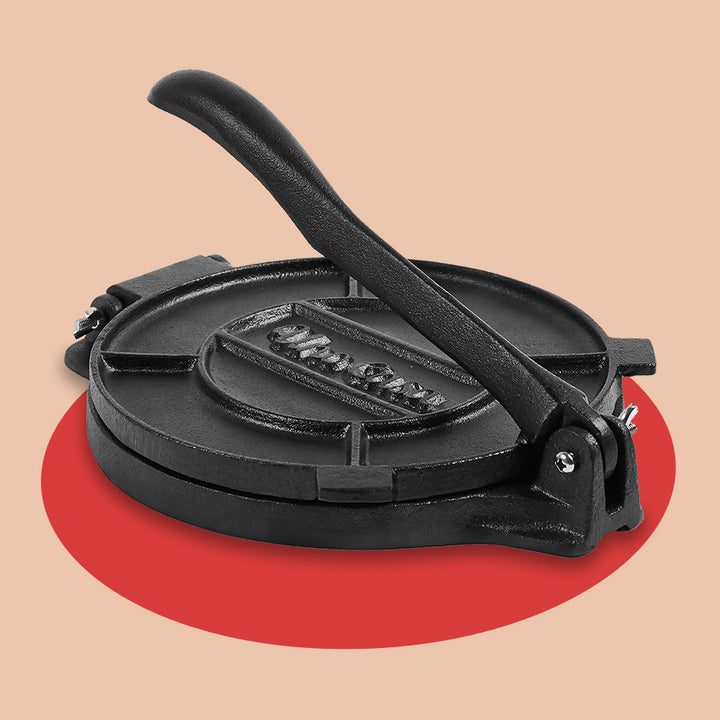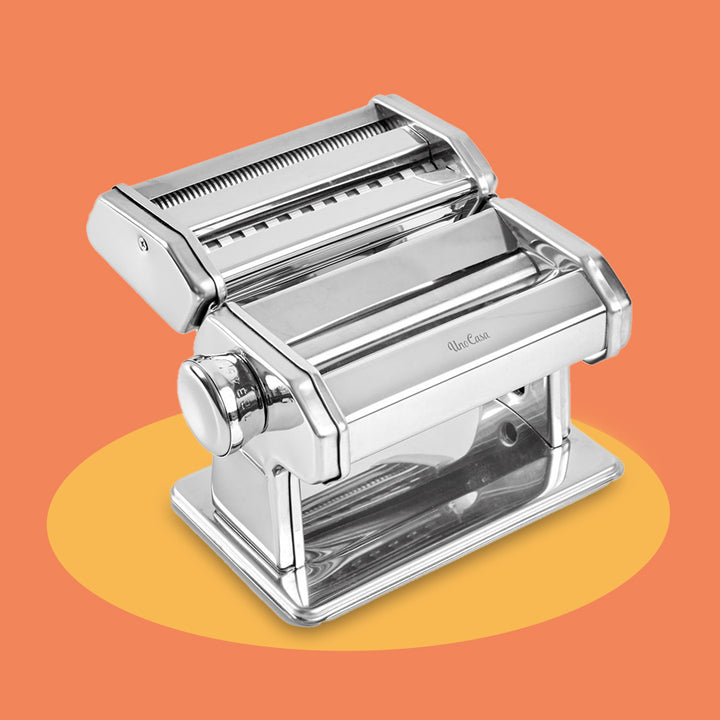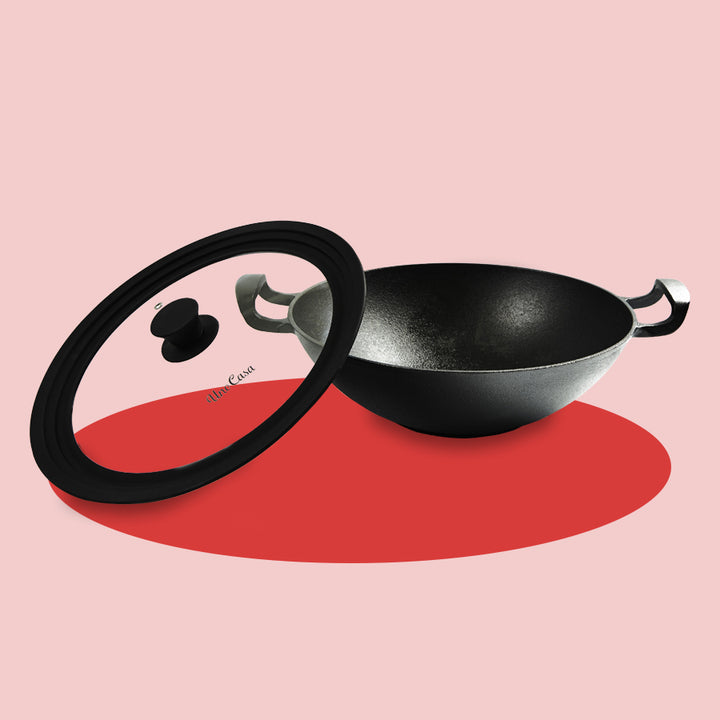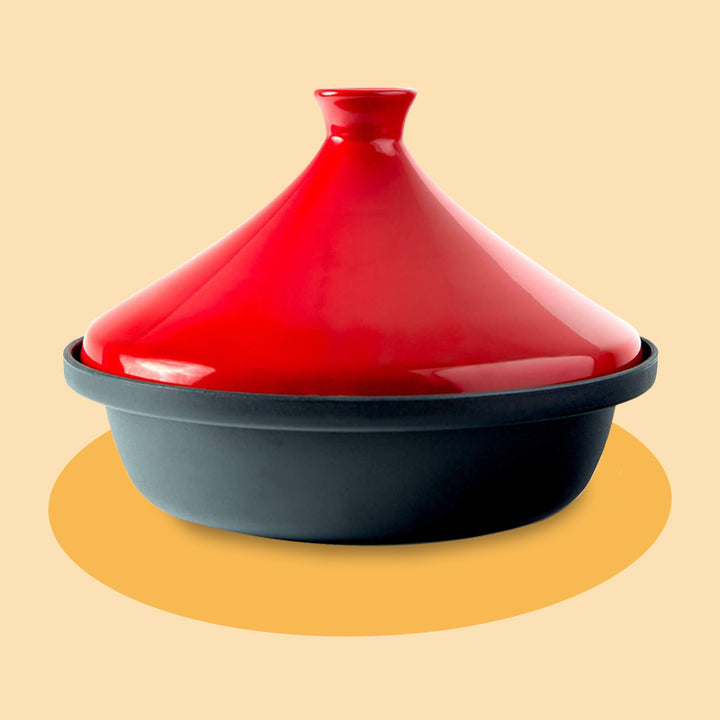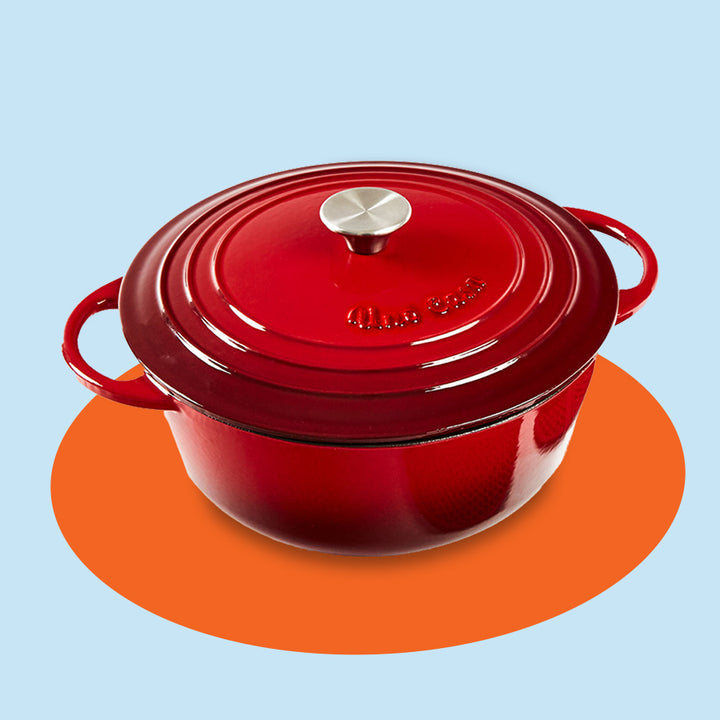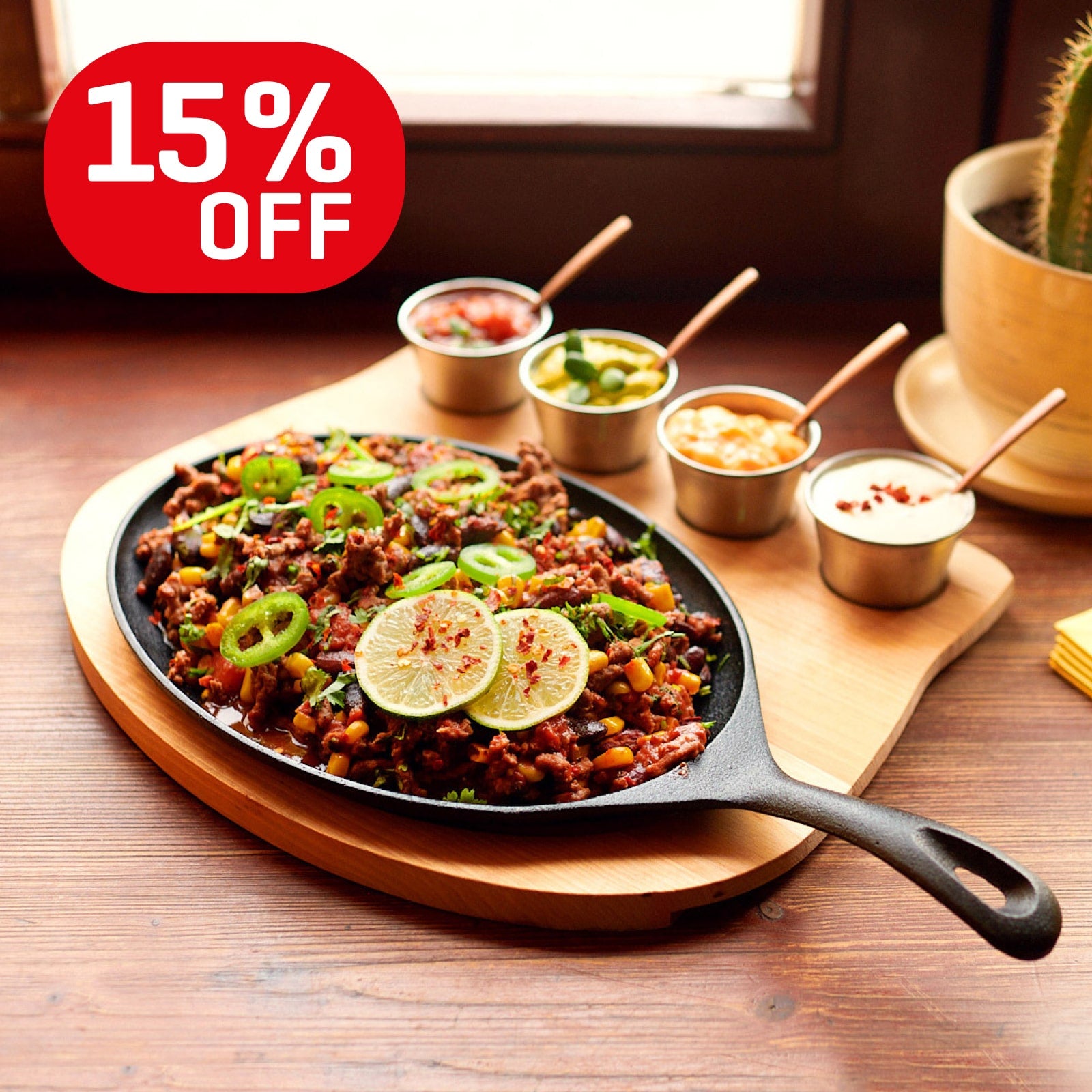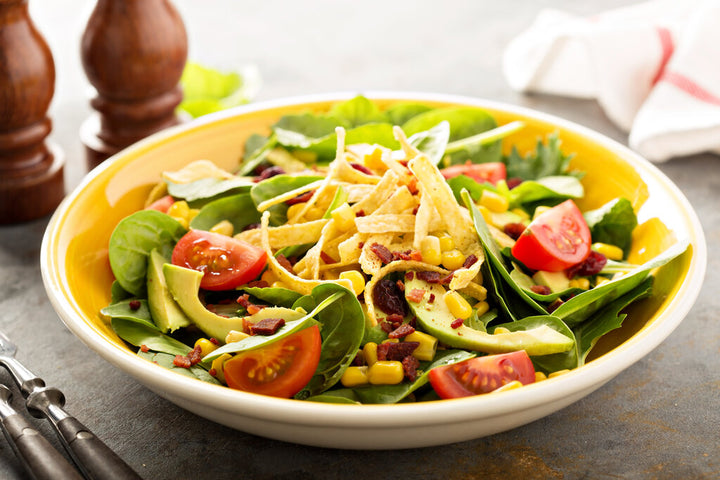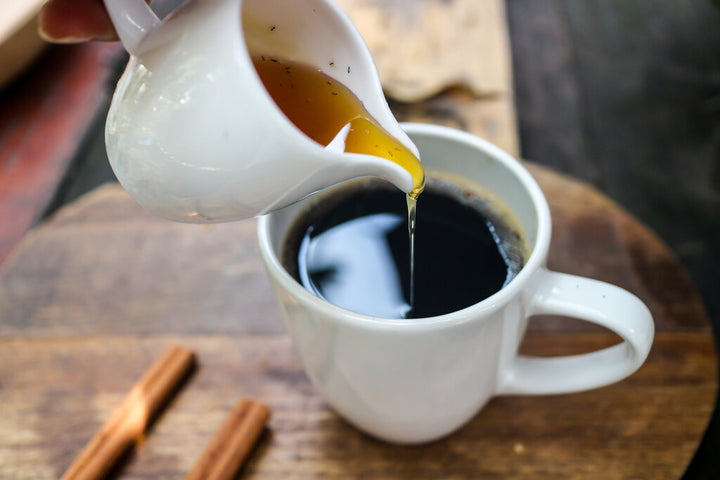12 Grilling Tips to Upgrade Your Grilling Game
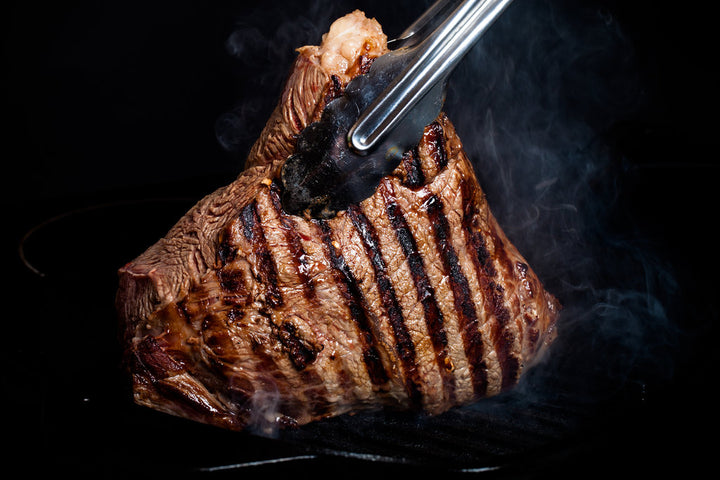
Outdoor grilling is a great way to spend some extra time outside with friends and family while eating delicious meals that we've patiently waited all winter to enjoy.
Whether you're a self-proclaimed grilling professional or an amateur who doesn't know how to turn on the bbq, finding the right tools and learning the basic techniques are the key to grilling the perfect meat, fish, eggs, or vegetables, every single time.
We will show you how to prepare a grill for cooking and drop some grilling tips for you to help make all of your neighbors jealous this summer.
1. Preheat the grill
Wanting to know how to get those impressive grill marks in your meat? The best way to grill is to wait to cook your food until it has been properly preheated.
You will want to make sure the grill is preheated by starting it up 15-20 minutes prior to cooking. This gets it up to temperature, helps to kill any leftover bacteria, and prevents harmful transference to your meat.
A properly heated grill helps to sear and caramelize the outside of your meat while retaining the moisture inside.
2. Gently season
Keep a soft touch when you're seasoning meats with spice rubs before you grill.
If you rub your seasoning in too aggressively you run the risk of damaging the meat fibers, texture, and over-seasoning the food.
3. Pick the right tools
Food that has been cooked on the grill, will always have a superior taste. Nothing compares to that smokey flavor. But cooking foods like eggs will require a pan for obvious reasons.
Cooking on cast iron griddle is fantastic for eggs, roasted vegetables, potatoes, and meat. Many grills, especially gas, do not have even cooking temperatures which can result in accidentally over-cooking some of the food and under-cooking as well.
Putting cast iron on the grill is the ideal solution as once it is properly preheated, the heat will be even over the entire surface of the griddle. You can also easily move the food around on the grill, which is helpful for foods that don't require direct heat for the entire cooking time.
A cast iron griddle pan will also keep your grill from getting dirty - once you're done cooking you remove and clean the pan and the grill itself will be mess-free!
Some cast iron griddles are even reversible and have built-in grease catchers that make grilling with cast iron even easier.
4. Pick the right temperature
If you want to get a good sear on your meats without burning them, you will want to make sure you're cooking at the right temperature.
You can sear at as low as 300°F and up to 500°F. Any higher than 500°F and you will end up with meat that has been cooked too quickly, making it prone to drying out.
- For most beef and pork dishes you will want to aim for around 400°F.
- For chicken, keep the temperature a bit lower, around 350°F.
- For grilled vegetables, anywhere between 350°F - 400°F is ideal.
5. Direct or indirect heat
On a multi-burner grill, you have the ability to control cooking based on which burners you turn on, varying the temperatures across the grill.
Direct heat refers to the fire being directly below the food you're cooking. For indirect heat, the fire is only on either side of the food and not underneath.
There is a basic rule of thumb to follow when it comes to which type of heat we should use for grilling food:
- Direct heat should be used for foods that cook in less than 20 minutes, like smaller and more tender pieces of meat.
- Indirect heat should be used for foods that take longer than 20 minutes to cook, such as larger pieces of meat and tougher cuts.
6. Close the lid
Regardless of the temperature outside, one of our key bbq tips is to keep your grill lid closed as much as possible. This is best for a few different reasons.
Keeping the lid closed keeps the temperature as even as possible on the grill. It helps to keep the grate hot enough to sear your food well.
It also keeps the temperature from dropping below the setting you're using. This is especially true in cold weather - every time you open the lid your heat escapes. Keeping the lid on will keep the cooking time as low as possible to avoid drying out your food.
A closed lid also infuses more smoke into your food, which adds complexity to the final flavor.
7. Marinate
Marinating your meat before you grill not only softens tougher cuts and adds some delicious flavors, but it also has an important health benefit.
Marinating prevents the formation of heterocyclic amines, which can be potentially carcinogenic (poisonous). These can form when cooking fish, red meats, and chicken. That process is reduced by 92% - 99% when you marinate.
Make sure you pick mixing bowls that are non-reactive to acids, like stainless steel or glass.
Basic marinade for cast iron grilling
- 1/2 cup of oil (olive, flaxseed, vegetable)
- 1/4 cup of acid of your choice (any kind of vinegar, wine, or lemon juice)
- 2 cloves minced garlic
- 1 Tbsp Dijon mustard
- 2 tsp dried herbs of your choice
Marinade the meat for 30 minutes to 1.5 hours - any longer and you risk breaking down the meat too much, with mushy results.
You can play around with the flavors in this marinade using different oils, different types of vinegar, and different herbs. Feel free to add a few pinches of any spices you enjoy too; cayenne or paprika are great options. Just keep the ratio of acid to oil in the 1:3 range and get creative.
8. Oil the grill
If you're cooking lean cuts of meat or roasting vegetables directly on the grill grates you will want to add some oil to prevent burning and sticking.
Just before your meat goes on the grill dip a paper towel in oil, grab it with tongs, and rub along the grates until well coated.
9. Flare-ups
A flare-up refers to a small, temporary fire on the grill caused by dripping meat fats hitting the flames below.
Not only can you risk losing your eyebrows, but flare-ups also can overcook the meat or make it taste off. The fire will also cause carcinogenic polycyclic aromatic hydrocarbons (PAHs) to form on your food which you shouldn't ingest.
You can prevent flare-ups by:
- Cooking leaner meats and removing extra fats.
- Cooking over indirect heat, where the fat won't drip directly onto flames.
- Keep the grill lid closed to prevent oxygen from feeding the fire.
- Keep a squirt bottle of water on hand, for a quick fix in case one occurs.
10. Check your temperature
One of the most important grilling tips we have is to check that your meat is done without cutting into it and robbing it of all of its natural juices.
Buy an instant-read meat thermometer and learn your ideal temperatures, as they vary between different types of meat. Stick the thermometer in the thickest part of the meat and close to the bone if it contains a bone.
Chicken: 165°F -175°F
Pork: 145°F
Ground Meat: 160°F
Rare Beef: 120°F -125°F
Medium Beef: 140°F -145°F
Well Done Beef: 160°F and above
11. Keep an eye on it
Prepare the rest of dinner before you think about putting the meat on the grill.
Grilling can be a very quick process depending on what you're cooking and it requires you to keep a constant eye on the barbecue. Get your side dishes prepped and ready to go so that you can give your full attention to the grill and avoid overcooking your meat.
12. Rest your meat
After you've finished grilling, the last step is often overlooked and it makes the biggest difference.
Take your meat off of the grill and leave it on a cutting board to rest for 10 minutes. Tent the meat with tin foil to keep it hot. Resting lets the juices in the meat evenly distribute and settle.
If you skip this step, the majority of the flavorful juices will run out of the meat the minute you cut into it and be left on the plate!
Final words on grilling food
We hope you enjoy experimenting with these simple grilling tips to up your barbecue game and please your tastebuds (and your guests) this summer.
If you are stuck in the unfortunate position of not having an actual grill, check out this blog post on How to Grill Without a Grill.
Leave a comment
Comments will be approved before showing up.
Also in Tips
